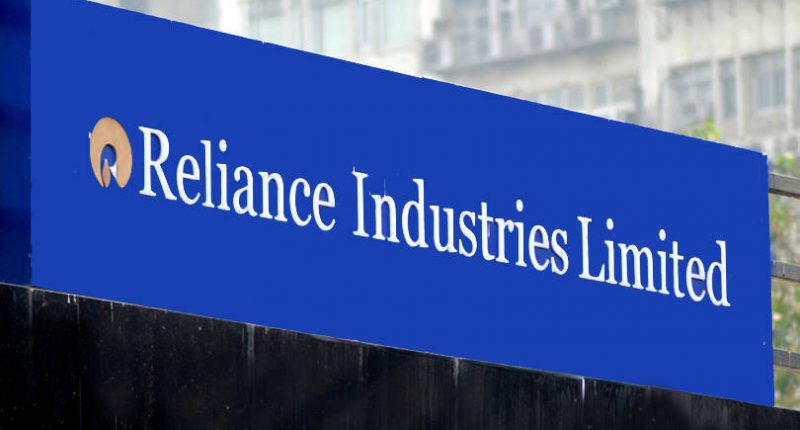Reliance Industries Ltd. (RIL), India’s largest company by market cap, is set to launch its first solar giga-factory by the end of this year. This significant development aligns with the company’s broader strategic pivot towards renewable energy, a sector in which it aims to become a global leader. The announcement was made by Chairman Mukesh Ambani during the company’s recent annual shareholders meeting.
The upcoming solar giga-factory is poised to become a cornerstone of Reliance’s green energy strategy. This state-of-the-art facility will be an integrated production center for a wide range of solar components, including photovoltaic (PV) modules, cells, wafers, ingots, polysilicon, and glass. By consolidating the production of these essential components in one location, Reliance aims to streamline its manufacturing process and reduce its reliance on external suppliers. The factory’s ability to produce 20GW of solar PV modules annually will support RIL’s renewable energy goals, and is set to “commence production” by the end of this year.
Subscribe to TP Daily for updates on the latest and greatest in Tech
Reliance’s solar and battery projects are part of a larger, $10 billion investment plan that was aimed at developing a new fuels business based on renewable energy. This plan, spread over three years, includes the establishment of four giga-factories dedicated to the production of renewable energy equipment, battery storage systems, fuel cells, and hydrogen. These factories, to be located in Jamnagar, Gujarat, are expected to play a crucial role in achieving Reliance’s goal of 100 GW of renewable power capacity by 2030. For India, this development is a significant step towards achieving its renewable energy targets and reducing its dependence on fossil fuels.
The factory also seems to be part of Reliance’s broader vision to establish a self-sustaining ecosystem for solar energy production. It is also expected to drive down the cost of solar energy in India, making it more accessible and accelerating the country’s transition to a greener economy. “We are constructing a fully integrated, end-to-end solar photovoltaics (PV) manufacturing ecosystem, which will be one of the largest, most technologically advanced, flexible, and most cost-competitive solar giga factories globally. The Jamnagar solar PV and cell module factory will be the first-of-its-kind ‘quartz-to-module’ facility globally, with components from quartz to metallurgical silicon, polysilicon, and ingots/wafers, that will be integrated with cells and modules,” Reliance announced.
In addition to its ambitious solar energy plans, Reliance is making significant investments in battery technology, which is critical for the efficient storage and use of renewable energy. The company is focusing on the industrialization of sodium-ion cell production, aiming to achieve megawatt-level production by 2025. Sodium-ion batteries, seen as a promising alternative to traditional lithium-ion batteries, are expected to play a vital role in the future of energy storage, particularly for large-scale applications. Further, the company plans to initiate a pilot project in 2026 to produce 50 MWh of lithium battery cells annually. This project will serve as a test bed for scaling up production, allowing Reliance to refine its manufacturing processes and enhance the performance of its battery technologies, as well as invest in both sodium-ion and lithium battery technologies.
The Tech Portal is published by Blue Box Media Private Limited. Our investors have no influence over our reporting. Read our full Ownership and Funding Disclosure →






